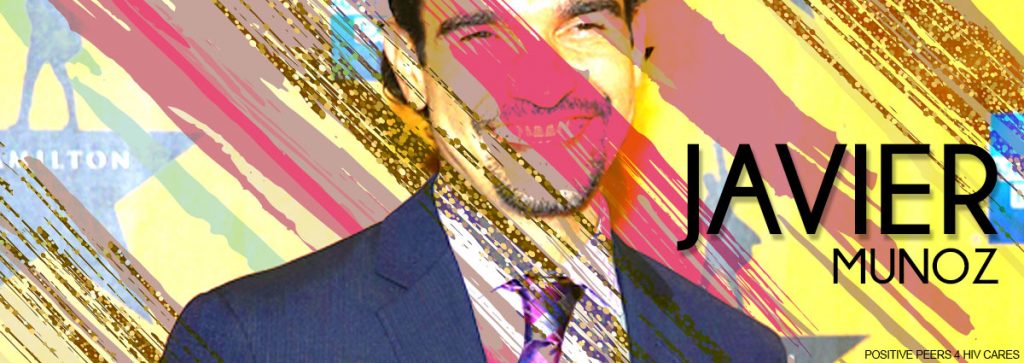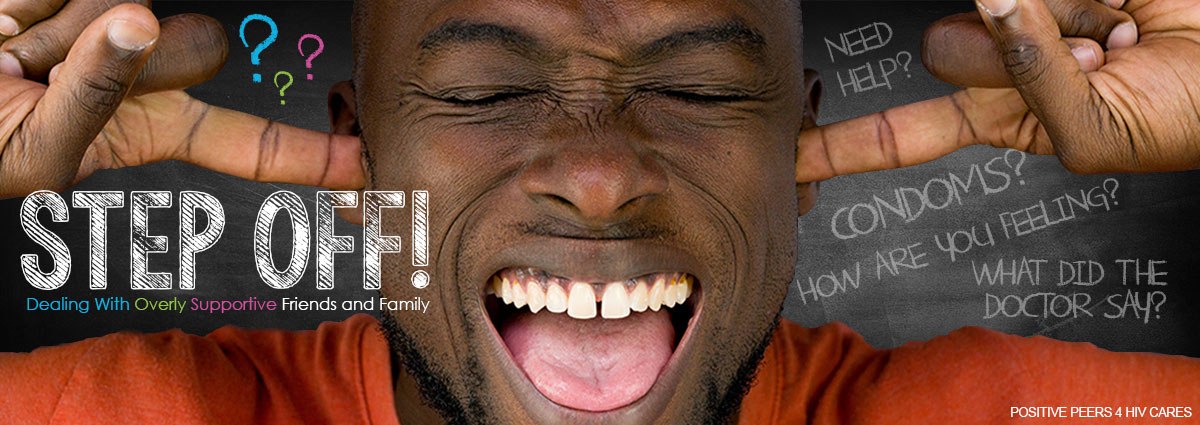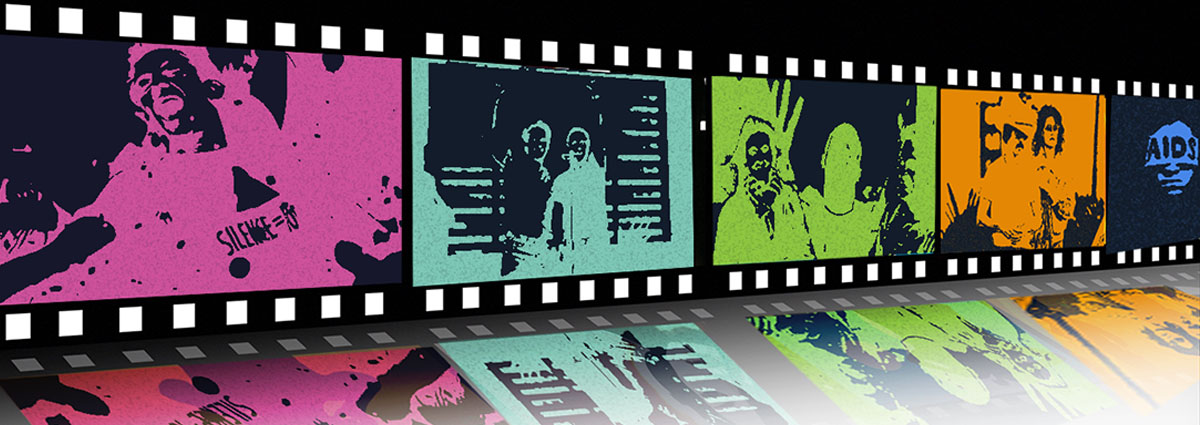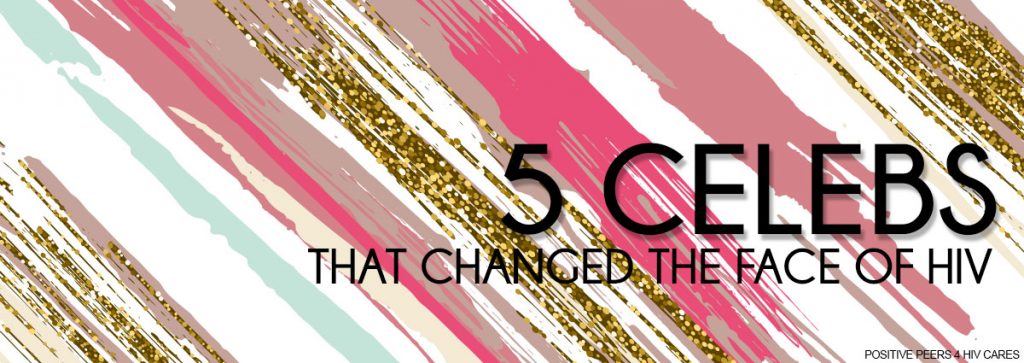
By: Jennifer McMillen Smith, LISW-S, HIV Social Worker at MetroHealth Medical Center and medically reviewed by Ann K. Avery, MD, Infectious Disease Physician at MetroHealth Medical Center
HIV doesn’t discriminate. It doesn’t care how much money you make or how many followers you have on Instagram. It doesn’t care about what color your skin is or your sexual orientation. Fame didn’t protect these celebrities from contracting HIV, but they chose to use their voices to change the way we think about it today.
Today we’ll talk about five of them (two who are living with HIV, three who lost their battle with AIDS-related illnesses) and their ability to inspire everybody, not just those who have HIV.
Celebrities living with HIV
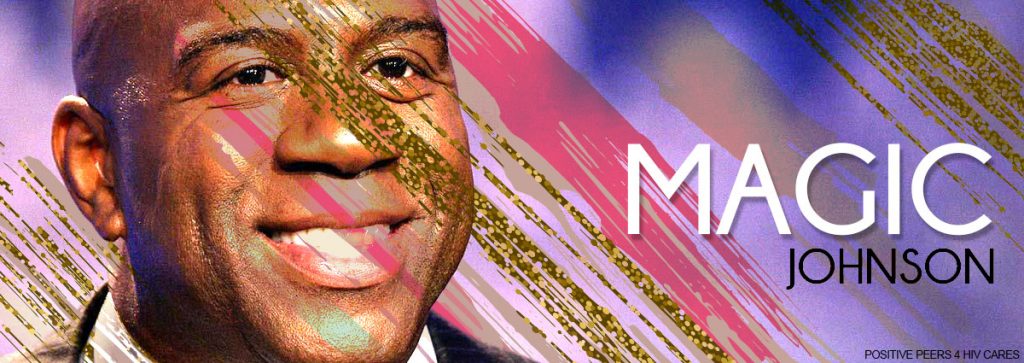
Magic Johnson
Earvin “Magic” Johnson was one of the giants of the NBA in 1991 when he announced he was HIV positive and would retire from the Los Angeles Lakers. After his basketball career, Magic became a successful businessman (worth more than $500 million today) who always found time to remind people that even though HIV can’t be cured for now, it can be managed. His foundation works on HIV/AIDS education and prevention.
Javier Muñoz
When Javier took over the lead role in “Hamilton,” the blockbuster Broadway musical, he wasn’t interested in keeping his HIV status a secret. Just the opposite, in fact. He told the world he was living with HIV via an interview with the New York Times. “It sort of feels like a responsibility to me to be outspoken about it and to be a voice that breaks the HIV stigma,” Javier said in an interview with Poz.com. His ability to sing, dance, and perform for live audiences night after night proves that HIV doesn’t have to slow people down.
Come join our private, stigma-free, supportive community.
Health management tools with medication & appointment reminders.
Social networking in a community conversation & private chats.
Celebrities whose legacies live on today
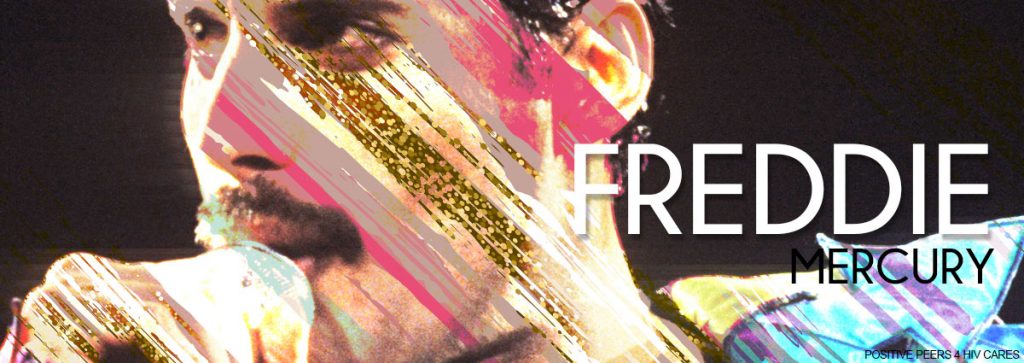
Freddie Mercury
You know that boom-boom CLAP and the roar of “We Will, We Will ROCK YOU” at ballgames? Freddie Mercury came up with that. The lead singer for Queen, a pop-rock supergroup of the ‘70s and ‘80s, Mercury announced he had been diagnosed with AIDS the day before he died in 1991 at age 45. In 1992, the rest of Queen got together and started a benefit concert to fund HIV research and created the Mercury Phoenix Trust, which has raised millions for HIV charities. Though Mercury kept his diagnosis secret to protect the privacy of friends and family, he defied HIV by continuously thrilling concert audiences as long as he could — an inspiring example of persistence and generosity.
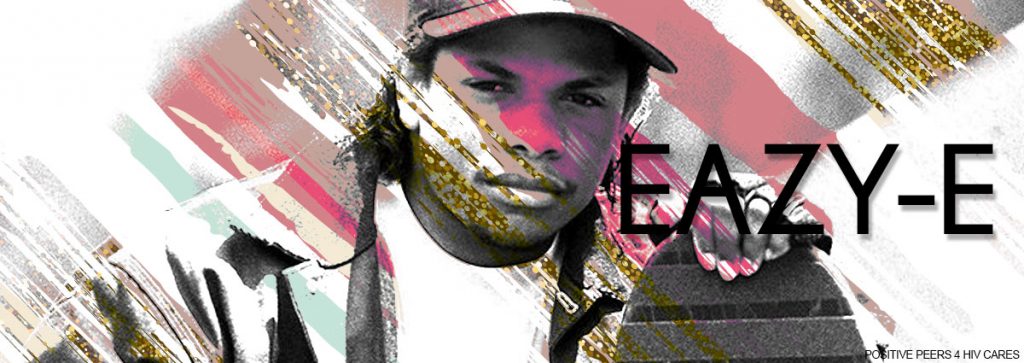
Eazy-E
The rapper with the pioneering hip-hop group NWA died at age 30, just a month after learning he had AIDS in 1995. Some called him the “godfather of gangsta rap.” Eazy-E, whose real name was Eric Wright, was one of the first famous rap stars to die of AIDS-related illnesses — providing a wake-up call to his young fans about the risks of an untreated HIV infection. One of his sons, Lil Eazy-E, is an activist raising awareness of HIV related issues.
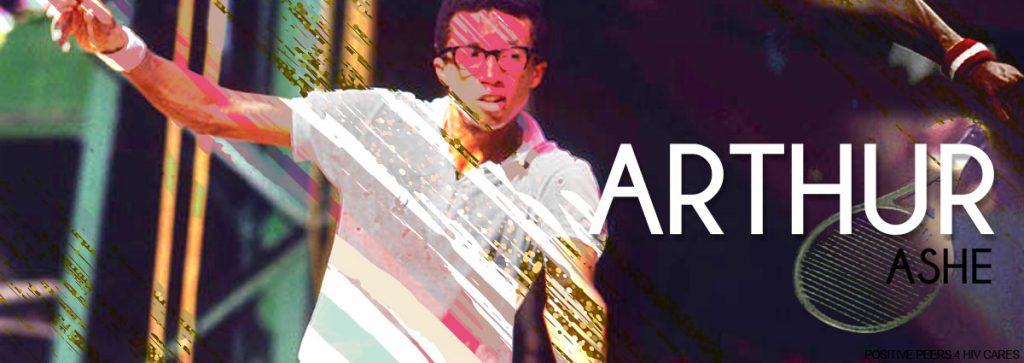
Arthur Ashe
Arthur was one of the greatest professional tennis players of the ‘60s and ‘70s and the first black superstar of the sport — paving the way for Serena and Venus Williams a generation later. Arthur contracted HIV from a blood transfusion in the late 1980s and died of AIDS-related illnesses at age 49. He was a tireless voice for the fight against HIV during his life, and his Arthur Ashe Foundation carries on his work today.
Following in their footsteps
A lot has changed since Freddie, Eazy-E, and Arthur lost their battle with AIDS. Advances in HIV treatment means you can live a long, happy, healthy life and never progress to AIDS — Magic and Javier are all living proof of that.
The common thread among these celebrities is their emphasis on education about HIV prevention, testing, treatment, stigma, and other issues. You can do the same by helping local HIV organizations! Together, we can end HIV.
Related Blogs:
